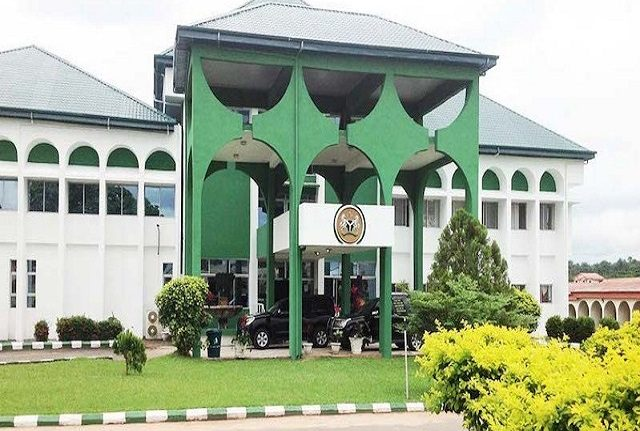UMUAHIA — The Abia State House of Assembly has announced that it has successfully passed 37 bills since its inauguration two years ago, reflecting what it described as a period of “robust legislative activity and people-focused lawmaking.”
The disclosure was made on Tuesday, June 25, 2025, during a special plenary session held to mark the second anniversary of the 8th Assembly, which was inaugurated in June 2023.
The Speaker of the House, Rt. Hon. Emmanuel Emeruwa, while presenting the Assembly’s scorecard, said the passage of the bills reflects the commitment of the lawmakers to support governance, economic growth, and social development in Abia State.
“These 37 bills were not only carefully debated and passed but were also tailored to address key sectors such as health, education, infrastructure, security, and youth empowerment,” Emeruwa stated.
He further revealed that in addition to the bills, the Assembly considered over 50 motions and conducted several oversight visits aimed at improving transparency and ensuring accountability in the implementation of government programmes.
Among the significant bills passed are the Abia State Public Procurement Bill, Abia State Security Trust Fund Bill, and the Abia State Environmental Protection and Waste Management Amendment Bill — all of which have been signed into law by Governor Alex Otti.
The Speaker lauded the synergy between the executive and legislative arms, which he said has helped fast-track policy formulation and lawmaking in the state.
Lawmakers also used the occasion to highlight the need for continuous stakeholder engagement and public participation in legislative processes, calling on citizens to take advantage of public hearings and consultations to shape policies that affect their daily lives.
Observers say the current Assembly has demonstrated improved legislative productivity compared to its predecessors, especially in terms of tracking and communicating its performance.
The commemoration was attended by members of the executive council, traditional rulers, civil society organisations, and youth groups who commended the lawmakers for what they described as “a more open and responsive legislative house.
